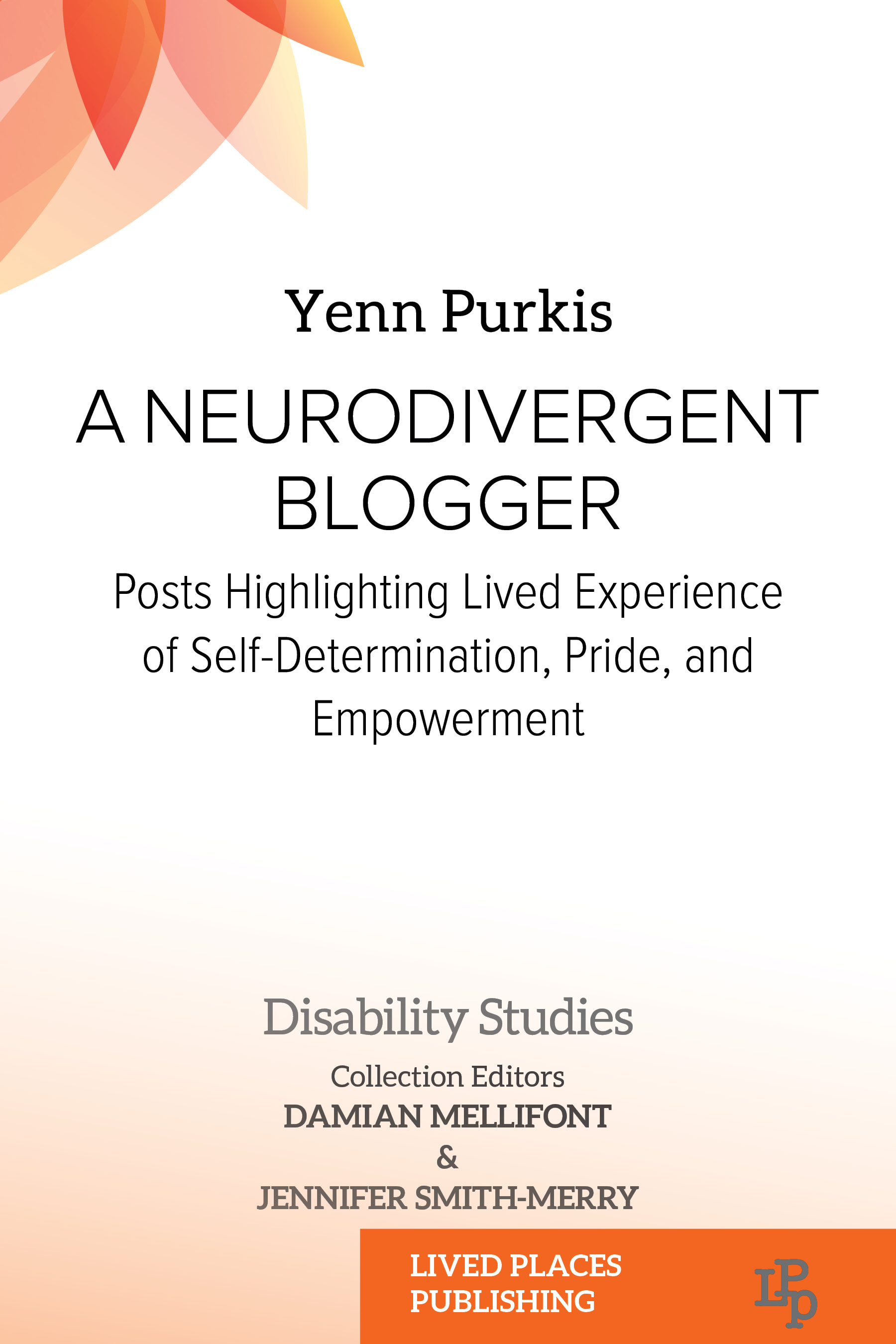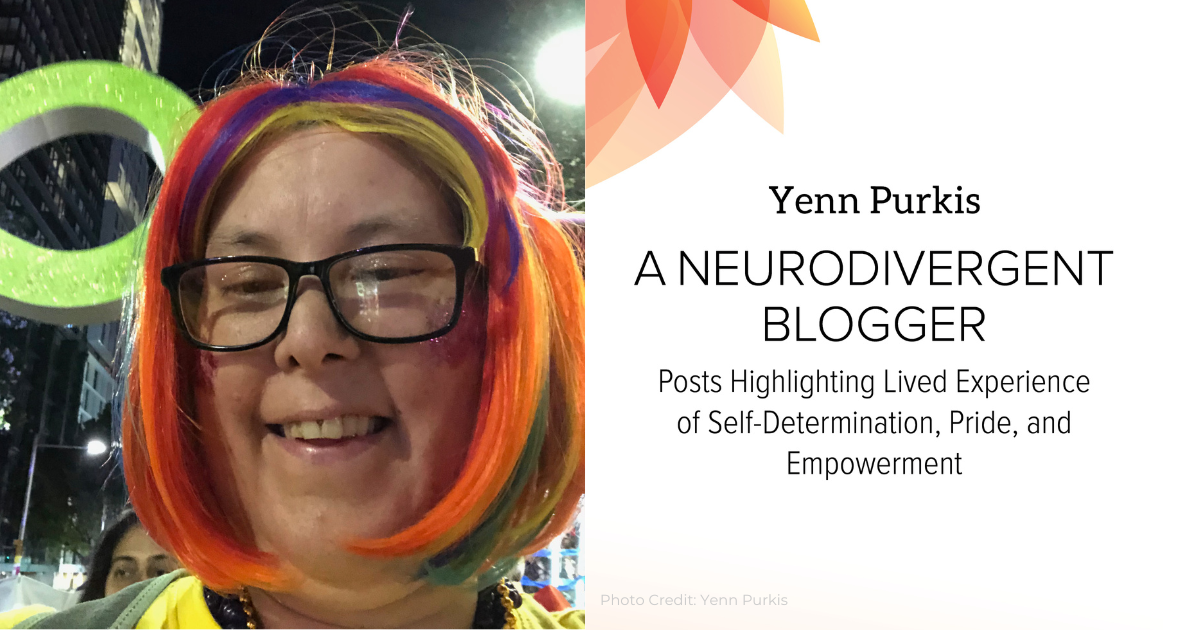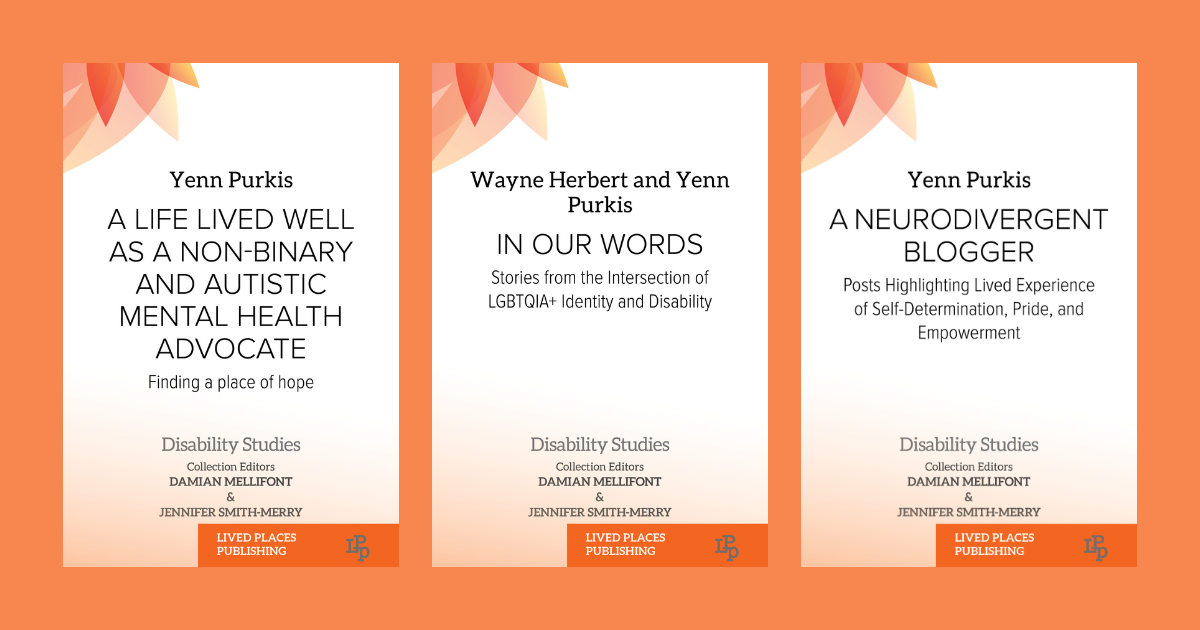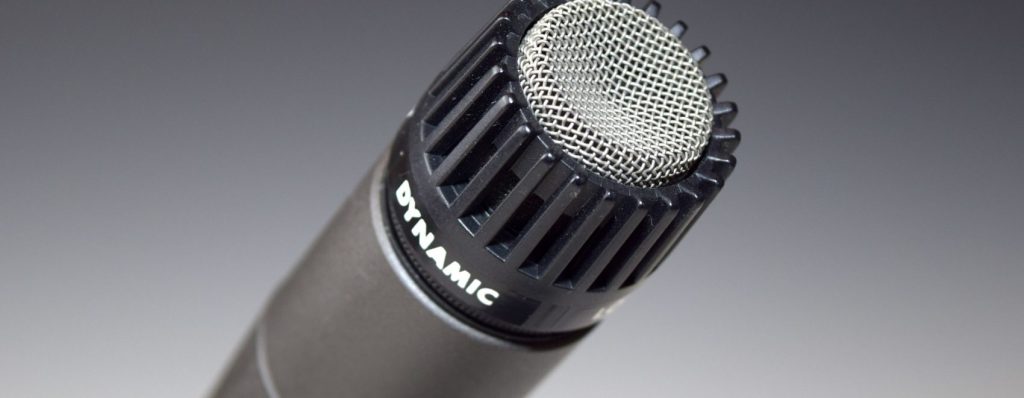by Yenn Purkis
Microaggressions are defined as:
A statement, action, or incident regarded as an instance of indirect, subtle, or unintentional discrimination against members of a marginalized group such as a racial or ethnic minority. (Oxford Dictionary, 2024)
Autistic people are around seven times more likely than their neurotypical peers to be transgender or otherwise gender divergent. This can result in both microaggressions (such as misgendering / using incorrect pronouns or name) and outright hatred. Being autistic tends to result in microaggressions and being transgender even more so.
One of the problems with microaggressions is that most people are unaware that they are doing them. People who misgender trans folks often have no idea that they are doing it or the harm it can result in. Microaggressions often come from a place of ignorance and are not intended as harmful even when they are.
Someone once told me I shouldn’t say I was autistic as I could ‘pass for normal.’ This was extremely hurtful, and I was quite angry in response to it, but I suspect it may even have been intended as a compliment!
Microaggressions often come from the same place as unconscious bias, where people have no idea that they hold prejudice and judgement against marginalised groups, but they come out with harmful statements. I have osteoarthritis in my knee which means I often walk with a cane. A relative said to me, ‘that’s not good – you are too young to be a cripple!’ I actually thought that was quite amusing and I am happy to describe myself as a ‘crip,’ but I imagine a lot of people would have been offended by that statement. I guess it was an unintended microaggression.
Microaggressions around gender diversity happen all the time and not just to autistic folks who are gender divergent. The understanding of trans experience is sadly not widespread in the broader community. Alongside the outright hatred that so many trans people experience is a lack of understanding and respect which can translate into a range of issues, form slightly amusing microaggression to outright hatred. This is an area which required attention, and the world needs more knowledge and respect for trans epicene and trans people.
I think there is a difference between the kinds of microaggressions autistic people and trans people experience. Those around autism tend to focus on things like incompetence, infantilism and deficits, while those related solely to gender diversity seem to be more focused in hatred and disrespect. Neither are OK and people need to check their bias and privilege.
How can a collation of blog posts demonstrate the many elements of autistic lived experience and guide readers on how to support development and change?
 Reflecting on their personal experience, author and advocate Yenn Purkis curates a series of blog posts, reflecting on the many aspects of living with autism including identity, community, relationships, sexuality and gender diversity, mental health, and self-advocacy.
Reflecting on their personal experience, author and advocate Yenn Purkis curates a series of blog posts, reflecting on the many aspects of living with autism including identity, community, relationships, sexuality and gender diversity, mental health, and self-advocacy.
Providing an analysis on how these topics have been navigated in the past, A Neurodivergent Blogger offers advice and guidance on allyship and advocacy, with suggestions on how we can improve and support positive change.
Aiming to promote a sense of empowerment, agency, and support, this book is ideal reading for students of Disability Studies, Autism and Autistic Studies, Gender Studies, Queer & LGBT+ Studies, and Social Work, as well as autistic folk and allies.
Yenn is incredibly prolific. They also have two other books with Lived Places Publishing as well:
- A Life Lived Well as a Non-binary and Autistic Mental Health Advocate: Finding a Place of Hope
- In Our Words: Stories from the Intersection of LGBTQIA+ Identity and Disability (co-authored with Wayne Herbert)
We want our books to be available to as many people as possible. If you’d like to purchase an individual copy, please email us and we’ll give you a discount code:
HEADER IMAGE CREDIT: Yenn Purkis. Photograph taken 2019 Sydney Gay and Lesbian Mardi Gras.




